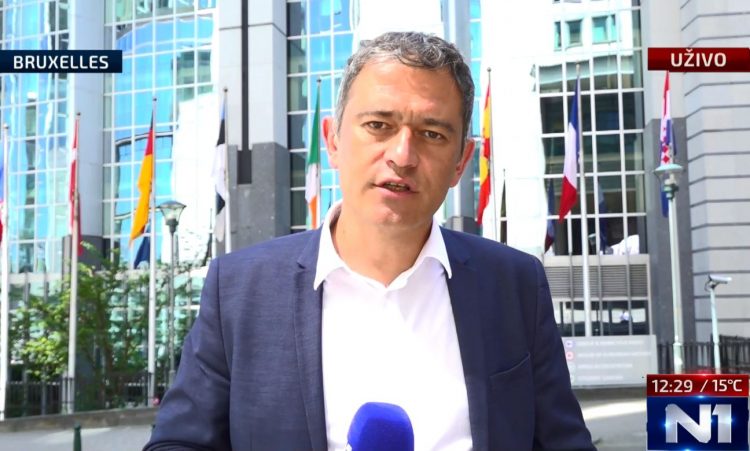
Leaders of 30 NATO member countries gathered at a summit in Brussels on Monday to define the alliance's reforms to be implemented until 2030, which includes adjusting to challenges such as Russia's destabilizing activities, the rise of China, terrorist threats, cyber-attacks and climate change. Pročitaj više
Seven documents will be adopted at the summit, including a joint declaration that mentions Bosnia and Herzegovina.
However, Croatian President, Zoran Milanovic, announced that his country will not agree with the document if it does not mention Bosnia's three constituent peoples – Bosniaks, Croats and Serbs, or the 1995 Dayton Peace Agreement – the peace deal which ended the Bosnian 1992-95 war and set up the country's constitutional and institutional systems.
According to the peace deal, which includes the BiH Constitution, the country is divided into two semi-autonomous regions – the Federation (FBiH), mostly populated by Bosniaks and Croats, and the Serb-majority Republika Srpska (RS), with both these entities and three major ethnic groups being equally represented in the state institutions. Over the years, the country's true progress has been hindered by political disagreements between the three groups and their opposing aspirations.
Among the issues raised by Croatia and Bosnian Croat political representatives is electoral reform in Bosnia, which they argue should include the concept of “legitimate representation” of the three major ethnic groups.
N1’s Nikola Radisic confirmed that Milanovic’s efforts paid off, as the final declaration on Bosnia will mention the Dayton Agreement, as well as electoral reform.
“The Dayton (agreement) was definitely in the final declaration and in the text that was prepared as well as the electoral reform,” Radisic said.
“Croatia's initiative and their diplomatic action to include these items in the final declaration lasted practically six days,” he explained.
According to Radisic, Croatia was surprised by the draft final declaration that arrived on June 6, in which the Dayton Agreement, the constituent peoples and the electoral reform were not mentioned.
“This time, Croatia argued that the situation in Bosnia and Herzegovina was not the same as in previous years, that is, that the situation was worse and more unstable. That is why they insisted that all this be explicitly mentioned in the final declaration,” he explained.
“The Declaration refers to Dayton (agreement), but does not explicitly mention the three constituent peoples, but we know that the Dayton Agreement in paragraph 4 speaks about that,” he said, adding also that Croatia’s position was taken into account in regard to electoral reform, which the final declaration mentions.



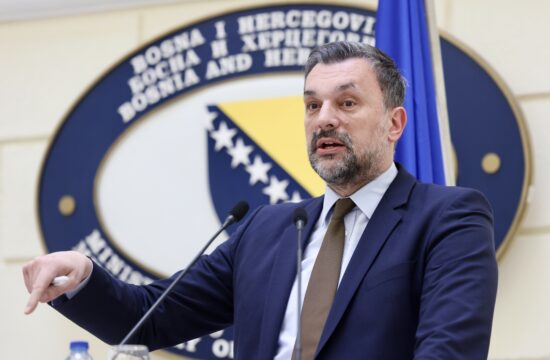
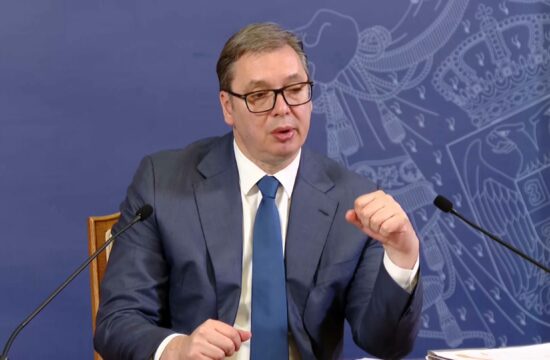
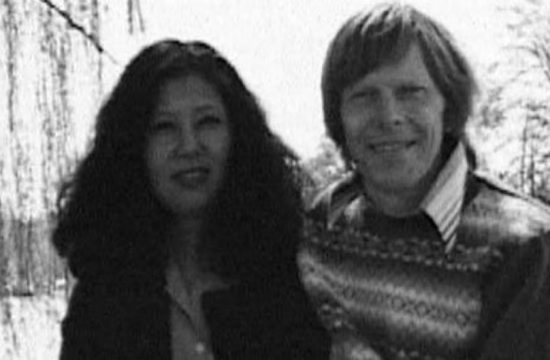
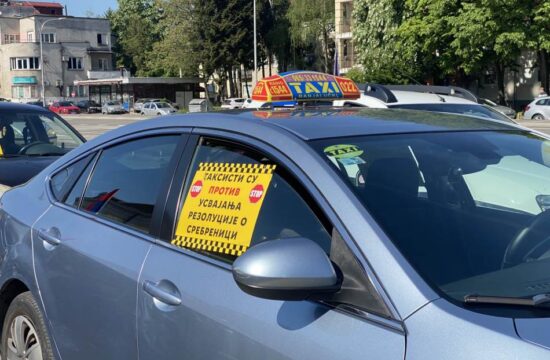
Kakvo je tvoje mišljenje o ovome?
Budi prvi koji će ostaviti komentar!